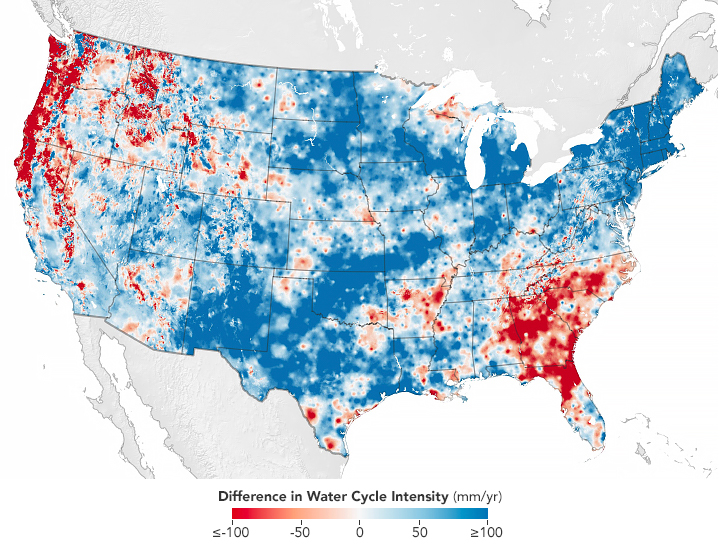Financial Times interview with economist Nouriel Roubini, aka “Dr. Doom” – “I think that really the world is on a slow-motion train wreck”
By Henry Mance
18 December 2022
(Financial Times) – Nouriel Roubini is gloomy, and it’s not just that he arrived in London on a red-eye flight and couldn’t get a table at Nobu. It’s not even conventional economic worries. It’s everything: a confluence of problems, old and new.
“I think that really the world is on a slow-motion train wreck. There are major new threats that did not exist before, and they’re building up and we’re doing very little about it,” he says.
Roubini is the economist who warned in August 2006 that there was a 70 per cent chance of a US recession, due largely to a housing slump. He was initially dismissed as a crank. Indeed, when you meet him, his unflinching, unsmiling, uncompromising negativity feels like a break with normal human coping mechanisms.
These days pessimism is widespread. To keep his edge, Roubini has turned up his own doom dial to eleven. His book, Megathreats, is a barrage about negative risks, from inflation to artificial intelligence, climate change and World War Three, which he argues will combine for the maximum impact. “We must learn to live on high alert,” he writes. We will need luck, global co-operation and “almost unprecedented economic growth” for things to end well.
I wonder if Roubini underestimates policymakers. When Covid-19 hit in 2020, he said they wouldn’t mount a large fiscal response. They did. Megathreats was written before central banks raised rates in earnest to tame inflation. Roubini remains unimpressed.
“The conventional wisdom, coming from policymakers or Wall Street, has been systematically wrong. First, they said inflation’s going to be transitory. … Then there was a debate over whether rising inflation was due to bad policies or bad luck,” namely supply shocks such as Russia’s invasion of Ukraine and Chinese zero-Covid restrictions. Roubini sees the consensus now as “six months of recession, big deal”. Again, he disagrees. “No, this is not going to be a short and shallow recession, it’s going to be deep and protracted.
“The Fed, ECB, Wall Street, the City say, yeah, we’re going to have a soft landing. In US monetary history for the last 60 years, we’ve never had an episode where inflation is above 5 [per cent] — today it’s 7.1 — and unemployment is below 5 [per cent] — and right now it’s 3.7 — that when you raise rates to fight inflation, you get a soft landing. You always get a hard landing.”
As for Europe, “it’s much worse. The UK is already in a stagflation. Inflation is above 10 per cent and even the BoE expects at least five quarters of negative economic growth. … And the Brits shot themselves in the foot with Brexit, so that’s another stagflationary shock.” Because public and private debt is so high — up from 220 per cent of global GDP in 1999 to 350 per cent in 2019 — central banks won’t raise rates far enough. [more]



